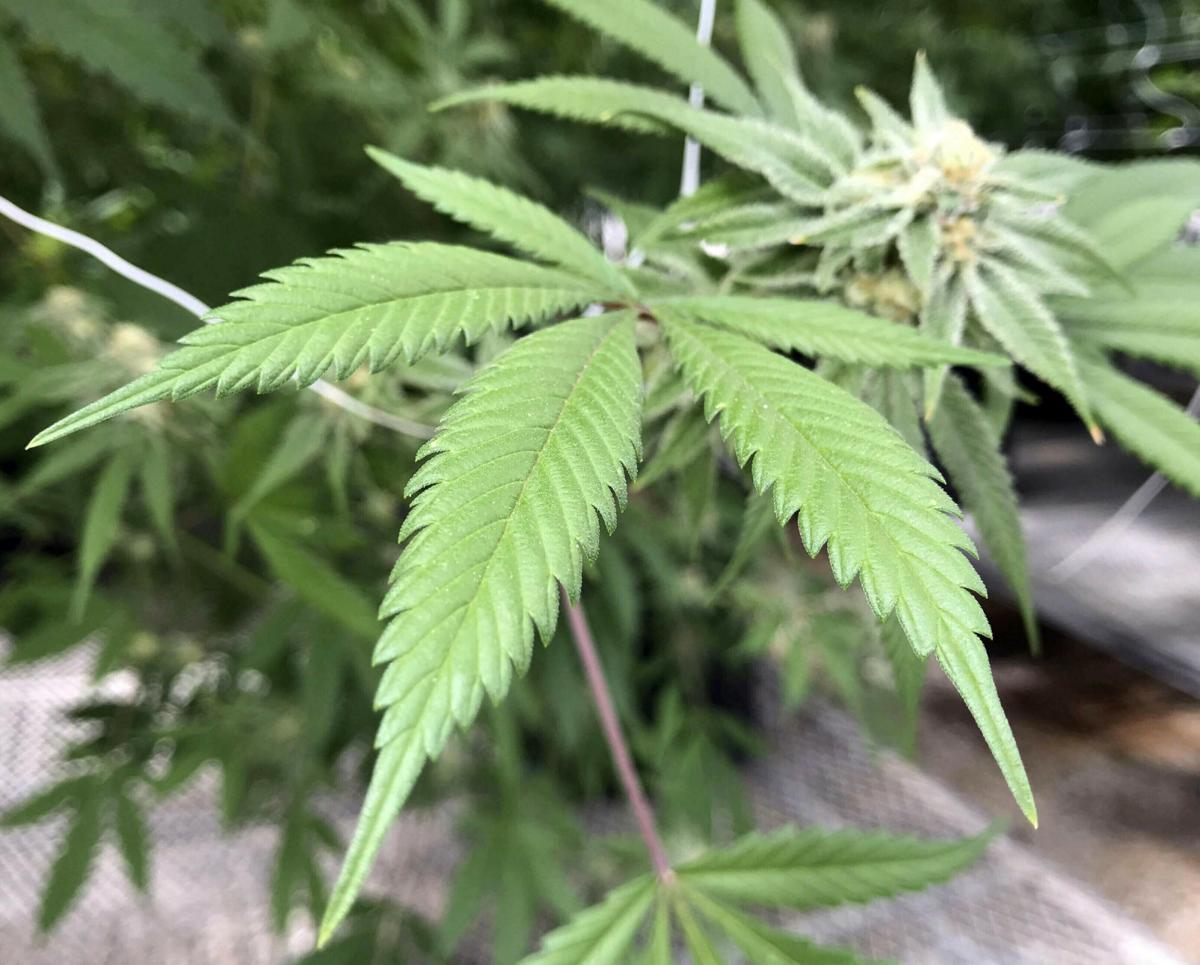PHOENIX — Lawmakers voted Tuesday in favor of requiring warning labels on medical marijuana and using proceeds from a new tax to study any link between the drug and schizophrenia or violent behavior.
The voice vote by the state House came over the objections of some Democrats that the measure is one-sided, looking for links between bad behavior and the drug that Arizona voters legalized for medical purposes in 2010.
Rep. Pamela Powers Hannley, D-Tucson, said it makes no attempt to determine the positive effects the drugs can have for certain people.
Potentially more significant, Powers Hannley said there’s nothing in the measure, House Concurrent Resolution 2045, to require these state-funded studies to be done in a scientific way where the results are subject to peer review.
House Speaker Russell Bowers, R-Mesa, acknowledged he was only interested in studying the relationship between use of this drug and violence and schizophrenia. He said there already is evidence of some links.
“Not everybody’s going to be paranoid schizophrenic,” Bowers said. “But a lot of people are.”
The measure also would require the Arizona Department of Health Services to develop warning labels based on any advisories developed by the U.S. Surgeon General’s Office about marijuana use. An advisory released last year is focused largely on youths and pregnant women, particularly those smoking or consuming the drug in higher concentrations.
The measure would add a 5% tax to medical marijuana.
Bowers did agree to drop a demand that marijuana offered for sale at state-regulated dispensaries have a tetrahydrocannabinol concentration — the psychoactive ingredient — of no more than 2 percent. That followed testimony from several medical marijuana users who said such a low concentration would effectively made the drug useless.
HCR 2045 still needs a final roll-call vote in the House. It also needs to be reconciled with Senate Concurrent Resolution 1032, a similar measure by Sen. Sonny Borrelli, R-Lake Havasu City, given final approval Tuesday by the Senate on a 20-10 margin.
But voters will get the last word. That’s because the use of marijuana for medical purposes was approved at the ballot in 2010. And the Arizona Constitution precludes lawmakers from making major changes without voter ratification.
Bowers, who is 67, spoke of growing up and hanging around with marijuana users who were “seen as the cool guys in school.”
“We were told it was basically harmless,” he said.
But he said there is now evidence that is not the case. And Bowers said he sees medical marijuana as “a gateway to full-blown recreational marijuana.”
What’s driving his call, Bowers said, is the book “Tell Your Children” by former New York Times reporter Alex Berenson, which cites various studies that the author says link marijuana to psychosis.
There have been criticisms of the book, including an open letter from a group of scholars and clinicians, including from Harvard Medical School and Columbia University, saying that Berenson’s methodology is flawed and that he cherry-picks the data used.
Bowers said the book cites long-term effects “where we see spiking in horrendous crimes, murders, child abuse, traffic accidents in our surrounding states that have now a history of open recreational use but also have the medical use.”
Powers Hannley was not impressed. “Public health should not be a political decision,” she said of those findings.
The Tucson Democrat said she would be OK with legislation that proposes broader studies, ones not specifically focused on seeking to prove links to specific side effects. For example, she said, it probably is appropriate to have properly conducted studies on the effects of marijuana use on teens who have “developing brains.”
But Powers Hannley said that should be run through the Biomedical Research Commission to ensure any results are reliable.
She had another dispute with what she said were the assumptions and generalizations that Bowers was making about the effects of marijuana, even at higher levels.
“There’s a lot to research,” Powers Hannley. “But the violent behavior really surprises me. People (who) have high THC are usually falling asleep in front of the TV set.”





